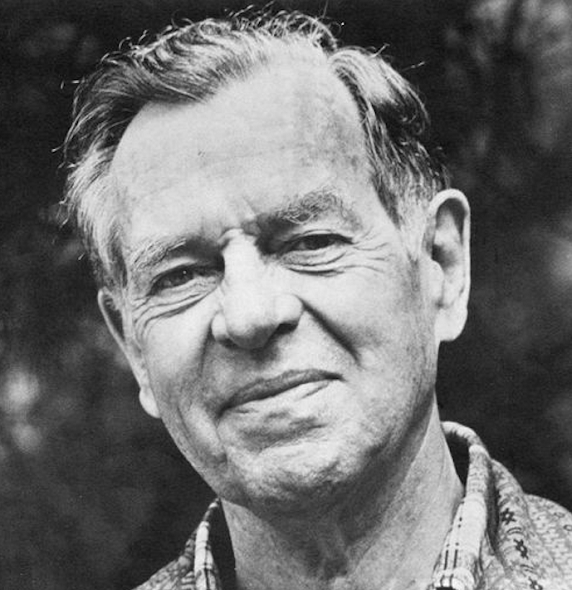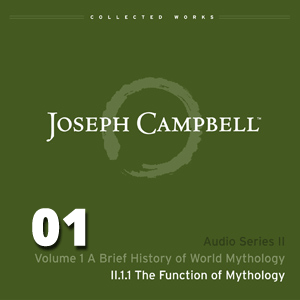
The Function of Mythology
In this lecture, Joseph Campbell provides a detailed explanation of the four traditional functions of mythology. He shows how myths put us in touch with the richest dimensions of our lives, even as our inclination to interpret them literally — that is, as scientific or historical facts — disconnects us from their true power. Campbell then argues that, if myths are to continue to fulfill their vital functions in our modern world, they must continually transform, evolve even as the world does; for our older mythologies, untransformed, simply do not address the realities of contemporary life.
Size: 6 MB
Version: v11.1.1
